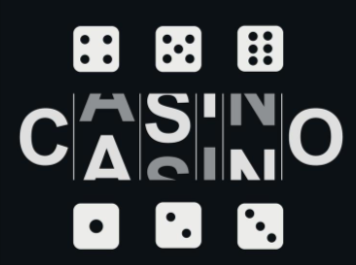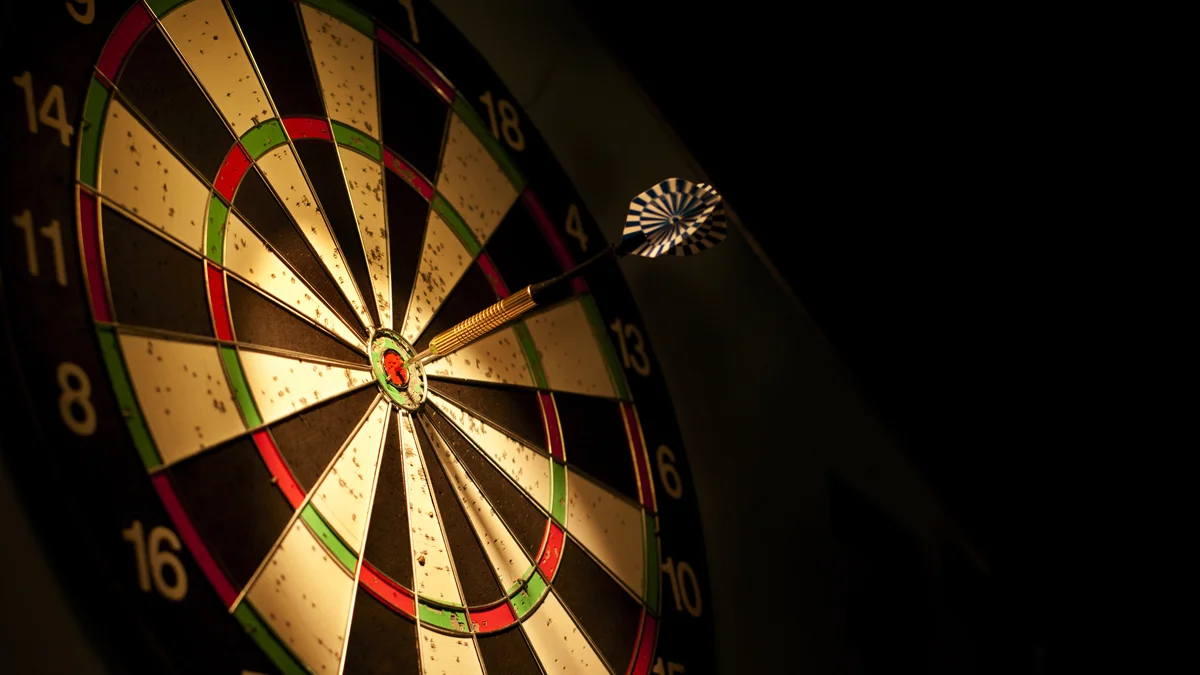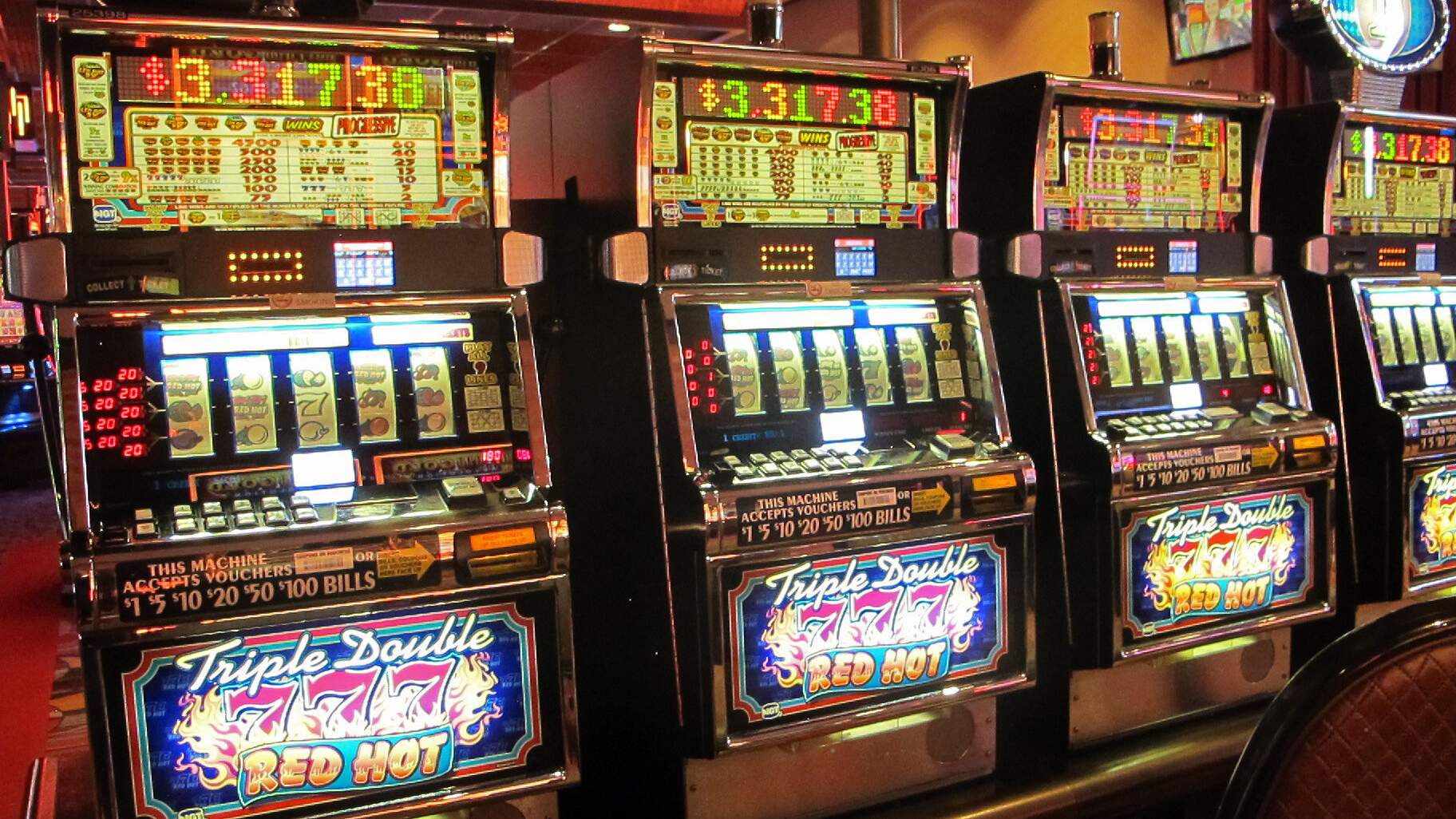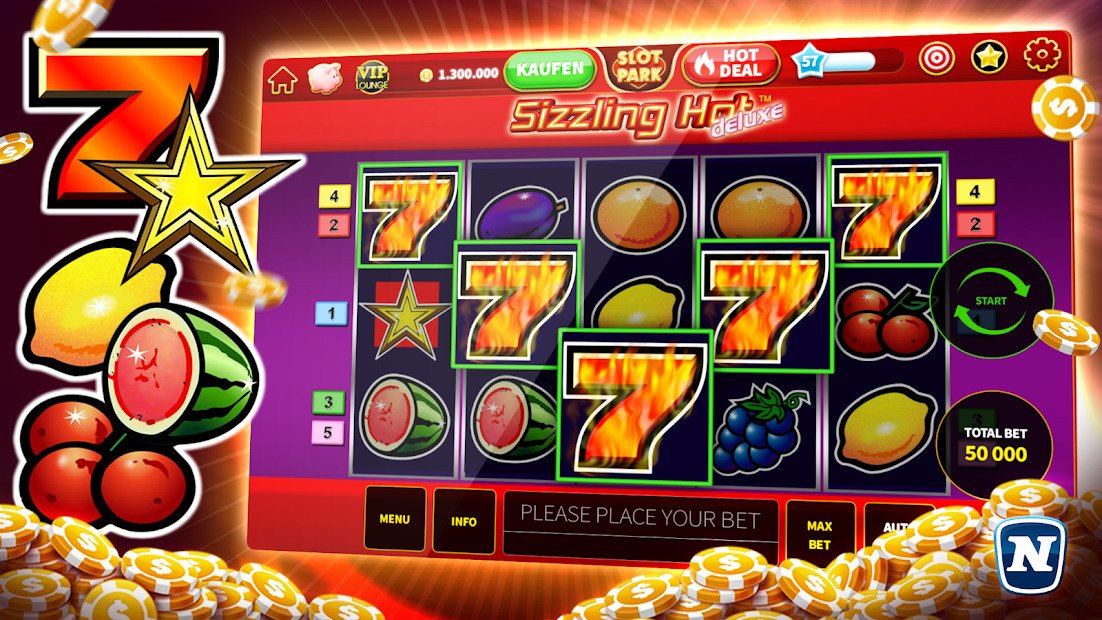Most gamblers can recall a time when they – or someone they know – sat down to play for the first time and hit an unexpected win. This seemingly magical phenomenon is commonly called “beginner’s luck.” On platforms like scratchplay.gr, stories of first-time players striking gold are not uncommon. But while these lucky starts may seem harmless or even exciting, experts suggest that beginner’s luck can be one of the most dangerous psychological triggers in gambling.
This article takes a comprehensive look at the science, psychology, and myths surrounding beginner’s luck. More importantly, it explores why early wins can be a subtle but powerful hook that draws people into riskier, long-term gambling behavior.
The Allure of Beginner’s Luck
The Myth that Keeps Circulating
Beginner’s luck is a deeply ingrained cultural myth. Whether it’s poker, roulette, or scratch cards, many people believe that first-time players somehow defy the odds. This belief isn’t rooted in probability but rather in narrative—a human tendency to find patterns and attribute meaning to coincidence.
A Psychological Jackpot
When someone wins early, the dopamine hit is intense. The brain registers gambling as not just rewarding but exhilarating. This early reinforcement often shapes a gambler’s future behavior, making them more likely to chase that high again.
Does Beginner’s Luck Exist?
Statistically Unlikely
In reality, games at platforms are governed by Random Number Generators (RNGs). These systems ensure that every outcome is independent of the last. Whether you’re a seasoned pro or a total newbie, your odds remain the same.
The Probability Illusion
Beginner’s luck isn’t real in the mathematical sense—but the illusion is strong. Early wins often occur simply because randomness occasionally delivers positive results. When this happens during a first session, it’s remembered and celebrated.
Cognitive Biases at Play
The Availability Heuristic
People tend to remember vivid events, like an unexpected win, while forgetting the many times they didn’t win. This skews perception and makes beginner’s luck seem more common than it really is.
Confirmation Bias
When someone believes in beginner’s luck, they’ll pay attention to stories that confirm it—and ignore those that contradict it. This leads to a collective illusion.
Gambler’s Fallacy
New players might believe that luck follows a pattern. After an early win, they may expect to keep winning—or think a loss means a win is due soon. Either mindset can lead to increased betting.
Why Beginner’s Luck Is So Dangerous
Creates Unrealistic Expectations
An early win makes gambling seem easier and more profitable than it is. New players often increase their stakes too soon, believing they’ve found a winning strategy or that luck is on their side.
Encourages Emotional Attachment
When the first gambling experience is positive, players are more likely to form an emotional connection to the activity. This bond can make it harder to recognize when it’s time to stop.
Sets the Hook for Habit Formation
Behavioral science shows that early positive reinforcement is a key component in habit formation. If gambling starts with a win, players are far more likely to develop repetitive play behaviors.
Stories from the Front Lines
The Scratch Card Win
A first-time player logs into casino, buys a digital scratch card, and wins a small jackpot. The thrill is unforgettable. The player returns the next day, trying to recreate the magic—and soon begins playing daily.
Poker Newbie Takes the Pot
A beginner joins a poker table, makes a few bold moves, and ends up winning. They’re hooked—not because they understand the game, but because the outcome was favorable. When losses come later, they attribute them to bad luck rather than poor strategy.
How Casinos Respond to Beginners
Rewarding First-Timers
Many platforms offer generous welcome bonuses. These incentives increase engagement and make early wins more likely through free spins or risk-free bets.
Data-Driven Retargeting
If a beginner wins and then doesn’t return, the platform may send personalized promotions or bonus offers to bring them back, capitalizing on the memory of their win.
The Role of Neurochemistry
Dopamine and Reward Loops
Dopamine is the brain’s “feel-good” chemical. Early wins flood the system with dopamine, reinforcing the behavior and making the brain crave more. This sets the stage for compulsive play.
Tolerance and Escalation
As with any pleasurable stimulus, repeated exposure dulls the response. Players may need to bet more to get the same excitement, leading to riskier behavior.
Breaking the Spell of Beginner’s Luck
Recognizing Randomness
Understanding that games are governed by RNGs helps strip away the illusion of beginner’s luck. No amount of charm, ritual, or positive thinking can change the odds.
Reframing the Experience
Instead of seeing an early win as a sign, view it as a one-off. Celebrate it, enjoy it, but don’t build your gambling identity around it.
Practicing Responsible Gambling
Setting limits early—on time, money, and frequency—can prevent the escalation that often follows beginner’s luck.
Expert Perspectives
Psychologists on Early Wins
Behavioral psychologists warn that early wins can be more influential than ongoing success. One strong early win can form a memory that overrides dozens of subsequent losses.
Casino Analysts
Insiders acknowledge that many long-term players started with a big first win. While this isn’t manipulated, it’s certainly understood—and often reinforced through bonuses and retargeting.
Addiction Counselors
Counselors often hear from clients who trace their gambling problems back to an early win. These experiences create a “hook” that’s hard to shake.
Tools and Strategies for Players
Keep a Gambling Journal
Writing down wins, losses, and emotions during play helps maintain perspective. Over time, the myth of beginner’s luck fades as real patterns emerge.
Use Platform Tools
Sites often offer tools for self-monitoring—use them. Set deposit limits, session timers, and loss thresholds.
Talk About It
Discuss your early gambling experiences with friends or support groups. Sometimes, just hearing another perspective is enough to reset your mindset.
Conclusion: Luck Isn’t a Ladder
Beginner’s luck may feel real, but it’s a psychological trick—one that can lead to emotional and financial pitfalls if not kept in check. Platforms are designed for entertainment, but without mindfulness, early wins can create misleading impressions of how gambling works.
Winning early isn’t a sign of destiny or skill—it’s just randomness at play. The key is recognizing that, enjoying the experience, and making decisions based on logic, not illusion. Because in the world of chance, understanding your mind is your best bet.






